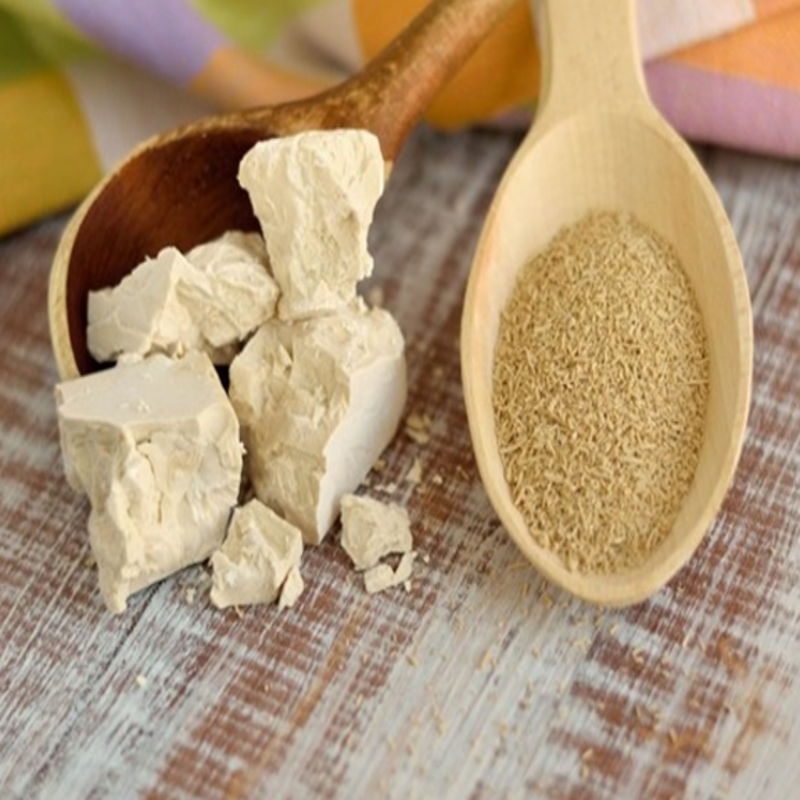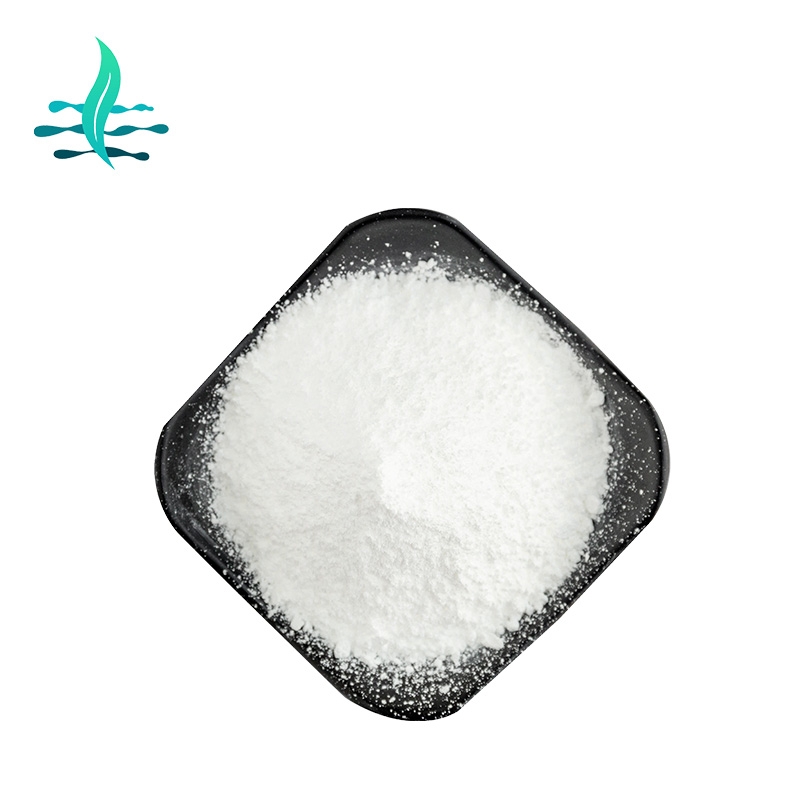Biological enzyme "baptism" papermaking industry
-
Last Update: 2013-01-04
-
Source: Internet
-
Author: User
Search more information of high quality chemicals, good prices and reliable suppliers, visit
www.echemi.com
If we compare the current paper with the past, it is not difficult to find that the paper is getting better and whiter in recent years However, the papermaking industry behind the paper, which maintains a clean and white appearance, has been unable to get rid of its "original sin" of high pollution and high energy consumption Now, the intervention of biotechnology is changing this situation All kinds of enzyme preparations applied in different stages of papermaking industry chain are bringing a revolutionary "baptism" to the industry According to the survey data of China papermaking association behind white paper, in 2010, the wastewater discharge of China's pulp and paper industry accounted for 18.58% of the total wastewater discharge, ranking the third; the chemical oxygen demand (COD) in the discharged wastewater accounted for about 26.04% of the national industrial COD discharge, ranking the first Many links of pulp and paper industry may cause pollution to water environment According to Dr Feng Wenying, professor level senior engineer of China pulp and paper research institute, who told China Science Daily, in the process of chemical pulp bleaching, the traditional bleaching method is to use chlorine or chloride to bleach the pulp Because these chlorine containing bleaching waste liquor contains many toxic organic chlorides (such as dioxins), they are easy to accumulate in the organism and have carcinogenic and mutagenic properties , teratogenesis and other tendencies will also cause damage to the environment and ecology In addition to bleaching, other links of the traditional paper-making process also use a lot of chemicals, which makes the paper-making industry become one of the main industries that pollute the environment In addition, papermaking is also a high energy consumption industry Li Weiling, professor senior engineer of China pulping and Papermaking Research Institute, once wrote that pulping and papermaking industry is one of the key energy consuming industries in China, which consumes a lot of heat energy, electric energy and water in the process of pulping and papermaking In 2007, the total energy consumption of China's pulp and paper industry was 33.4268 million tons of standard coal The energy consumption of the industry accounted for about 2% of the energy consumption of the whole industrial sector, ranking the first in light industry At the same time, China's paper demand is still in the stage of rapid growth, with an average annual growth rate of 11.99% in the past 10 years In 2012, the annual output and consumption of paper and paperboard will exceed 100 million tons In fact, under the double pressure of cost and environment, the paper industry is eager to transform from a big polluter to a model of energy conservation and emission reduction In the face of the problem of how to make the paper giant with high pollution and high energy consumption "reform", biological enzyme preparation is playing a more and more important role Zhang Haitao, a technical expert in the papermaking industry of novozyme, the world's largest enzyme preparation supplier, told China Science Daily that in the pulping section, biological enzymes can modify the cell wall of pulp fiber, accelerate the swelling and softening of fiber, promote the effect of pulping, reduce the energy consumption of pulping and improve the paper strength According to statistics, bioenzyme can reduce the energy consumption of refining by 120 degrees per ton of pulp and 41.4% of pulp "Adding enzymes to the pulping process can also reduce the amount of follow-up bleaching chemicals and reduce the pollution load of bleaching wastewater," Feng said In addition, the paper industry recycles a lot of waste paper, which requires deinking The traditional deinking method is to use chemicals to separate the ink particles from the fiber under the appropriate temperature and mechanical action, and then use flotation, washing or a combination of the two methods to remove the separated ink particles from the pulp Biological enzyme deinking is a technology that uses enzyme to treat waste paper, assist in flotation or washing, and both to remove ink "Enzymes make it easier for ink to peel off, reduce ink deposition on the fiber, improve pulp cleanliness and whiteness, and reduce dust." Zhang Haitao said In addition, bleaching is also an important step in the papermaking process Feng Wenying said that the use of enzyme preparation can play a "biological bleaching" effect, reduce the amount of chlorine containing bleaching chemicals or help to cancel the chlorine containing bleaching section, so as to reduce the emission of AOX (adsorbable organic halide) in bleaching wastewater, reduce environmental pollution, and achieve the purpose of Improving Pulp performance and reducing production costs Organic halides in water are carcinogenic, teratogenic and mutagenic Among the 129 priority pollution species proposed by the U.S Environmental Protection Agency, organic halides account for about 60% The organic halides characterized by AOX have become an international water quality index In the newly revised "discharge standard of water pollutants for pulp and paper industry" in 2008, AOX has been listed as one of the assessment indexes In recent years, the application research shows that hemicellulase pretreatment can improve the bleachability of pulp and reduce the amount of bleaching chemicals It can not only greatly reduce the content of AOX and other pollutants in bleaching wastewater, but also help to realize ECF and TCF bleaching However, the application of biological enzyme in papermaking industry is not smooth Feng Wenying said that the application of biological enzymes in many aspects of the papermaking industry chain has been very mature, but there are still application bottlenecks in some aspects Due to the long industrial chain of pulp and paper industry and the different kinds of enzyme used in different processes, specific problems should be analyzed For example, the application of biological enzyme in raw material pretreatment stage, although feasible under laboratory conditions, is difficult to adapt to the reality of large-scale industrial production Duan Chao, a researcher from Feng Wenying, told China Science Daily: "enzymes take a long time to pretreat raw materials, and manufacturers need efficiency to ensure continuous production, so they prefer to adopt physical or chemical pretreatment methods with poor energy conservation and environmental protection effects but higher efficiency." "Sometimes we need to add treatment tank or treatment tower to use biological enzyme and increase investment in equipment, especially many paper mills are old enterprises with long construction time For them, the economic cost and risk brought by changing the process is also the obstacle for them to try more biological enzyme." Feng said Feng added that in some stages and in some varieties of enzyme preparations, there are also problems such as high cost, limited varieties, great influence by temperature and acid-base environment, and no obvious effect She believes that in the next stage, we should focus on reducing the cost of enzyme preparation and improving the adaptability under different temperature and acid-base conditions to enhance the effect At the same time, she expressed optimism about the application prospect of biological enzyme in the paper industry: "generally speaking, biological enzyme has strong specificity and high efficiency, especially for the paper industry with high pollution and high energy consumption, it has obvious environmental protection effect and unique advantages compared with chemicals." China Science Daily (2013-01-02, 4th Edition, comprehensive)
This article is an English version of an article which is originally in the Chinese language on echemi.com and is provided for information purposes only.
This website makes no representation or warranty of any kind, either expressed or implied, as to the accuracy, completeness ownership or reliability of
the article or any translations thereof. If you have any concerns or complaints relating to the article, please send an email, providing a detailed
description of the concern or complaint, to
service@echemi.com. A staff member will contact you within 5 working days. Once verified, infringing content
will be removed immediately.







